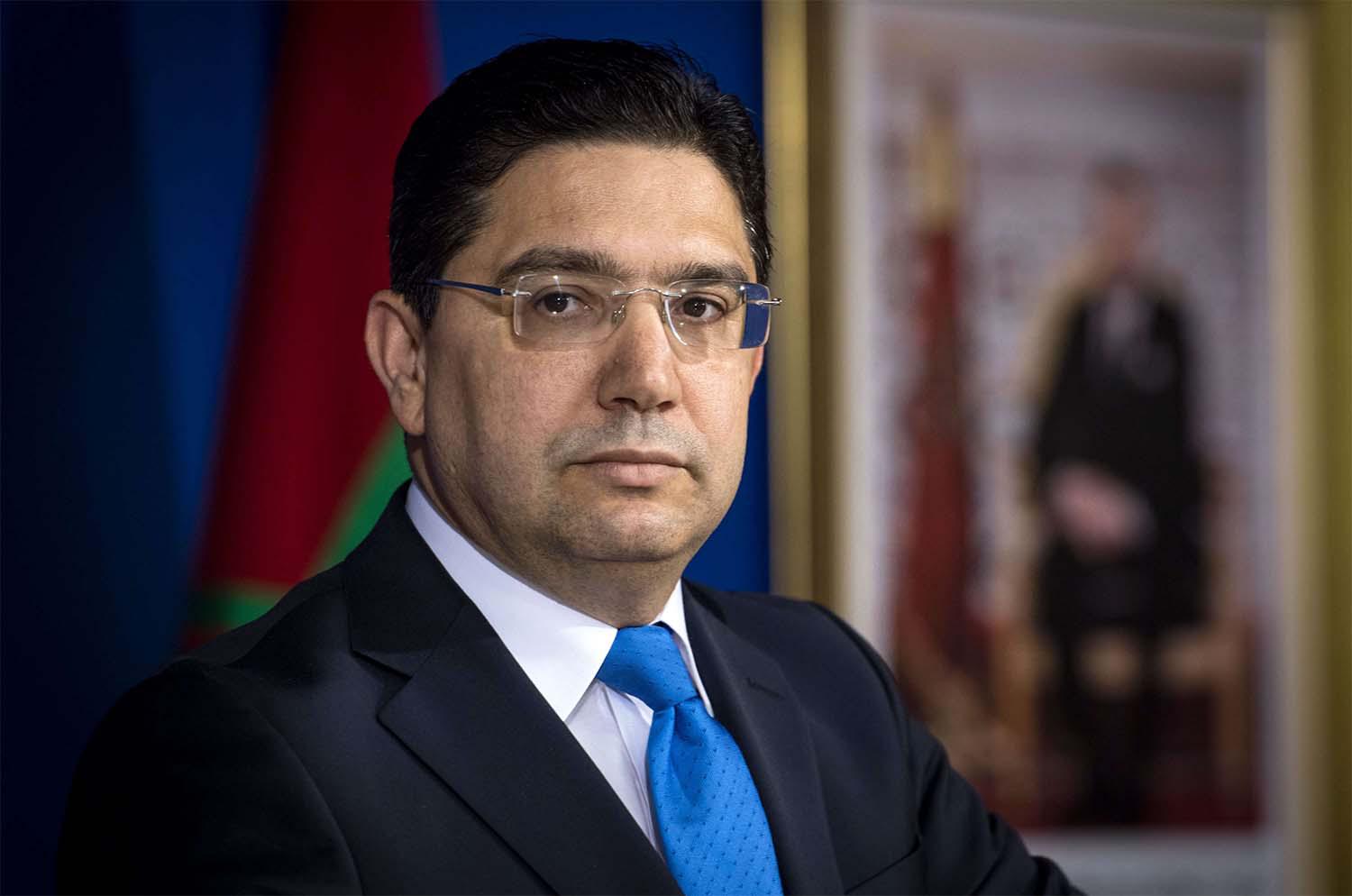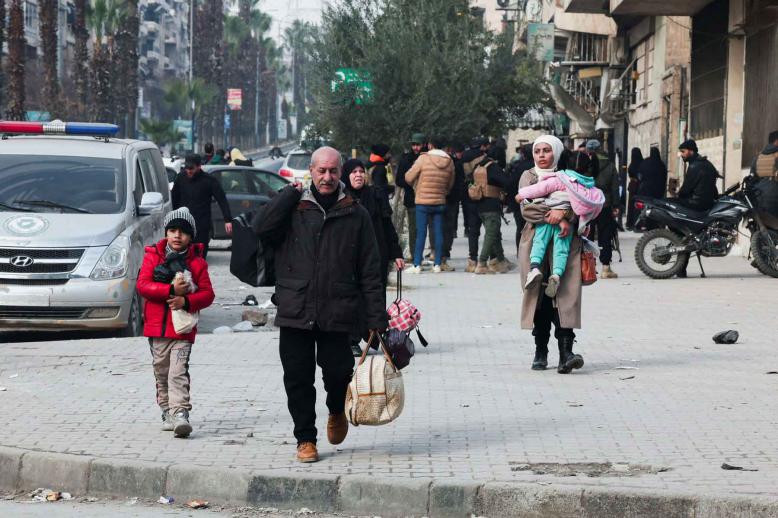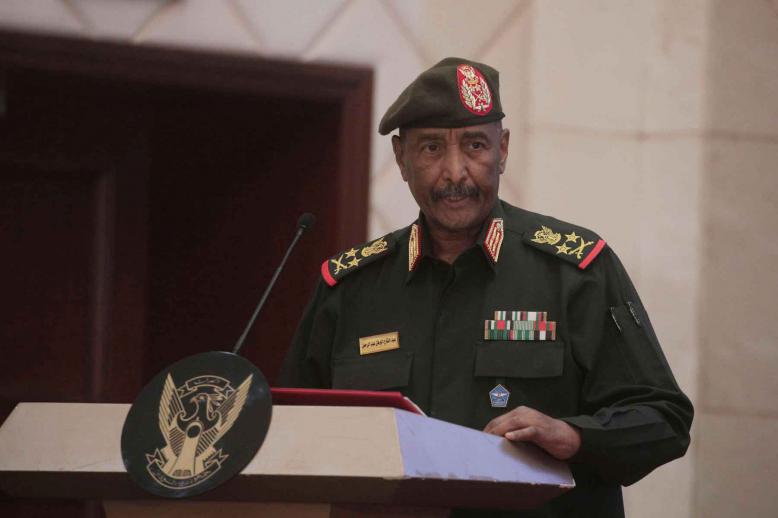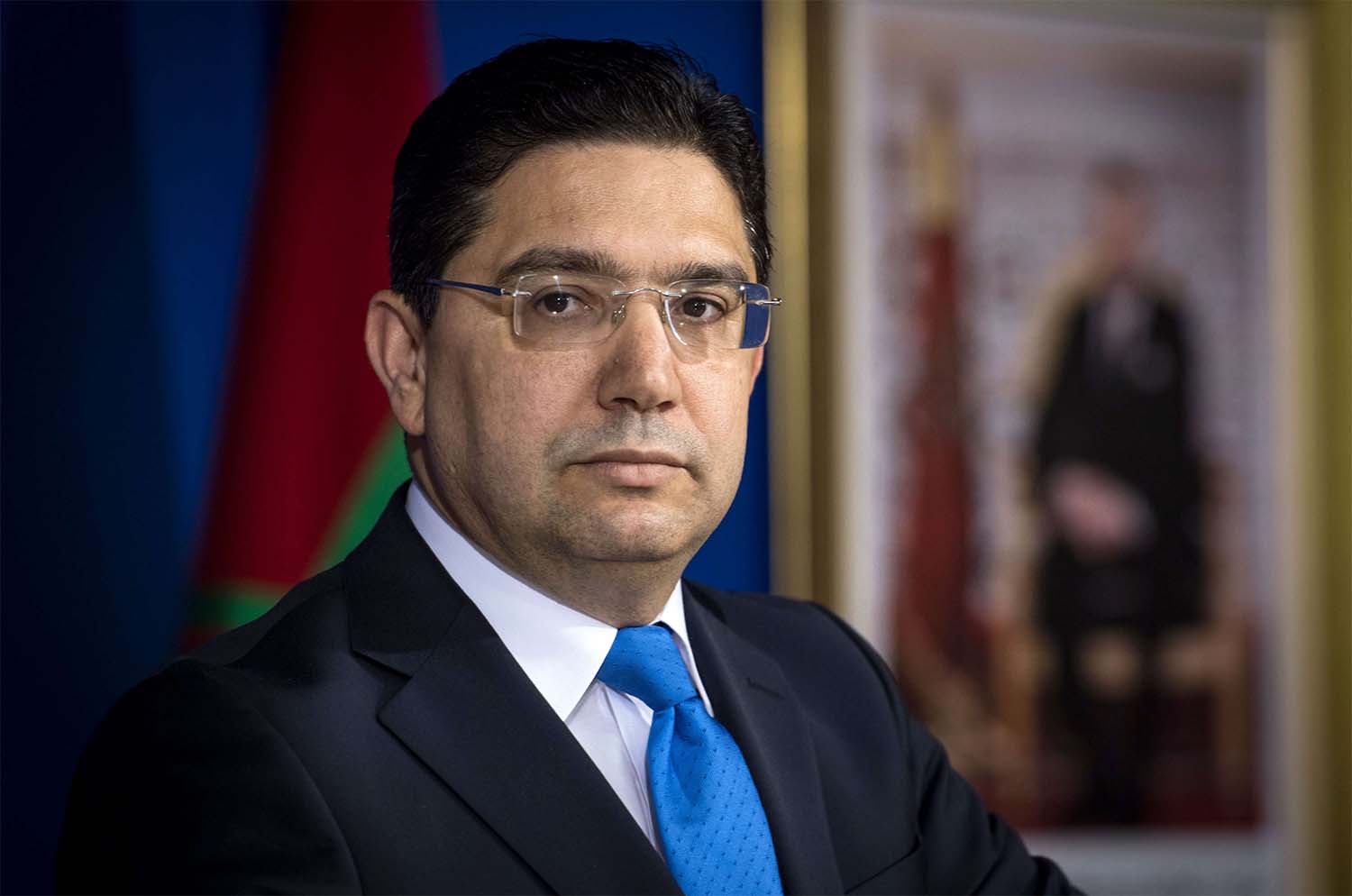Fears grow of new war between Morocco and Polisario
RABAT – Rabat denied Friday there had been any armed clashes between its soldiers and the Polisario Front separatists and said the three-decade truce remained in place.
The Polisario Front said on Friday that Morocco had broken their ceasefire and "ignited war."
Friday's flare-up poses the biggest risk in decades of a new phase of armed conflict in the remote desert region, adding to friction between Morocco and its biggest neighbour, Algeria, which backs the Polisario.
Moroccan Foreign Minister Nasser Bourita denied the Polisario’s claim that there were armed clashes, saying the army had only fired warning shots.
"Morocco is committed to the ceasefire," said Bourita.
Tensions between Morocco and the Algeria-backed separatist movement have been growing in recent weeks, with pro-Polisario protesters, helped by armed fighters, blocking the main road linking the territory to neighbouring Mauritania.
Morocco said early on Friday it was starting an operation to clear the road in the Guerguerat area, located in a UN-monitored buffer zone where any armed activity breaches the 1991 ceasefire.
"Morocco decided to act after giving enough time for the U.N. to intervene," Bourita said, adding that Morocco would build a new sand barrier to stop the Polisario from accessing Guerguerat in future.
A spokesman for UN Secretary General Antonio Guterres said he was committed to doing the utmost to avoid the collapse of the ceasefire and to removing obstacles to restart the political process.
The Polisario militiamen have been in the buffer zone since October 21, harassing UN peacekeepers (MINURSO) and blocking the movement of people and goods despite the UN’s repeated calls to evacuate Guerguerat.
Since 2016, the separatists have violated several UN Security Council resolutions that called for an end to their destabilizing acts in the buffer zone and their withdrawal.
Moroccan news site le360 said the army had used anti-tank weaponry to respond to a Polisario attack. Bourita said the army would only use arms in self-defence.
Last month the UN Security Council passed resolution 2548 which called for a "realistic, practicable and enduring solution ... based on compromise."
That language was widely seen as calling into doubt any referendum on the territory's future - a goal long sought by the Polisario and backed by the United Nations in the 1991 ceasefire.
Western Sahara, though a sparsely populated desert region, has rich fishing waters, phosphate deposits and Morocco's only working land route into the rest of Africa as its border with Algeria is closed.
Rabat considers Western Sahara an integral part of Morocco and proposes autonomy for the resource-rich territory.
Several African countries and the United Arab Emirates opened their consulates in the North African Kingdom’s southern provinces as a way of backing Morocco’s territorial integrity and autonomy plan.
Their moves have dealt a heavy blow to the Polisario Front’s claim of independence, especially after several countries around the world withdrew their recognition of the so-called Sahrawi Arab Republic.






